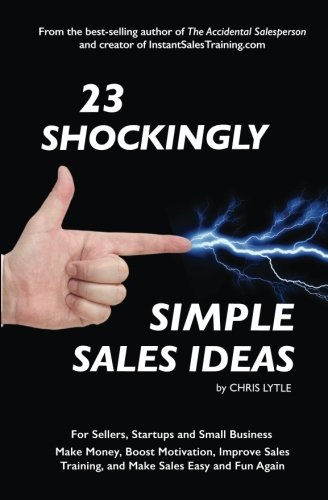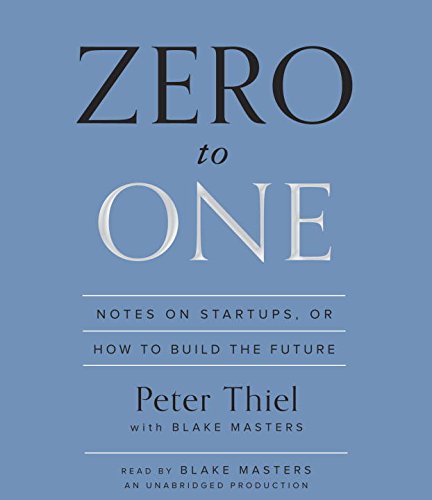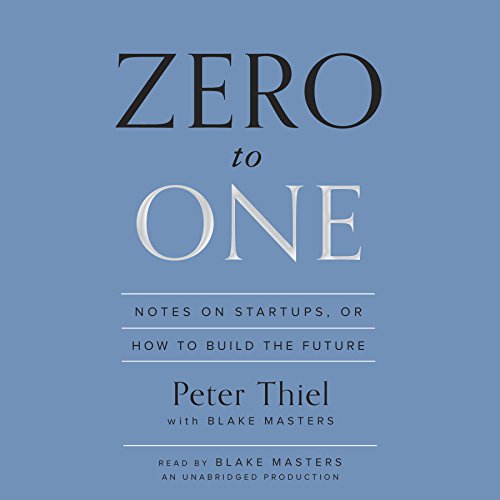
Every week, Chris Lytle, best-selling author of The Accidental Salesperson and The Accidental Sales Manager, records succinct, powerful sales ideas for his popular website, Instant Sales Training. These effective, easily implemented ideas form the basis for 23 Shockingly Simple Sales Ideas.
Why shocking? Because once you read Lytle’s tips you realize they’re not only what you need to up your sales game—they’re also so simple you won’t believe you didn’t think of them yourself. It takes a special kind of genius to see the simplest solutions, and Lytle possesses that elusive talent.
Discover the best advice you’ll ever get as a salesperson, all in small, bite-sized nuggets of information you’ll absorb with ease. With Lytle as your guide, you’ll discover how to
build instant rapport with prospects; write effective, actionable e-mails; open your presentations with “the phrase that pays”; win back lost customers; spot the difference between real prospects and information seekers; and much more!
Most salespeople don’t choose sales as a career—they stumble into the field accidently, without any formal training. With Lytle’s help, you’ll gain access to the skills you need to succeed, time and time again.


